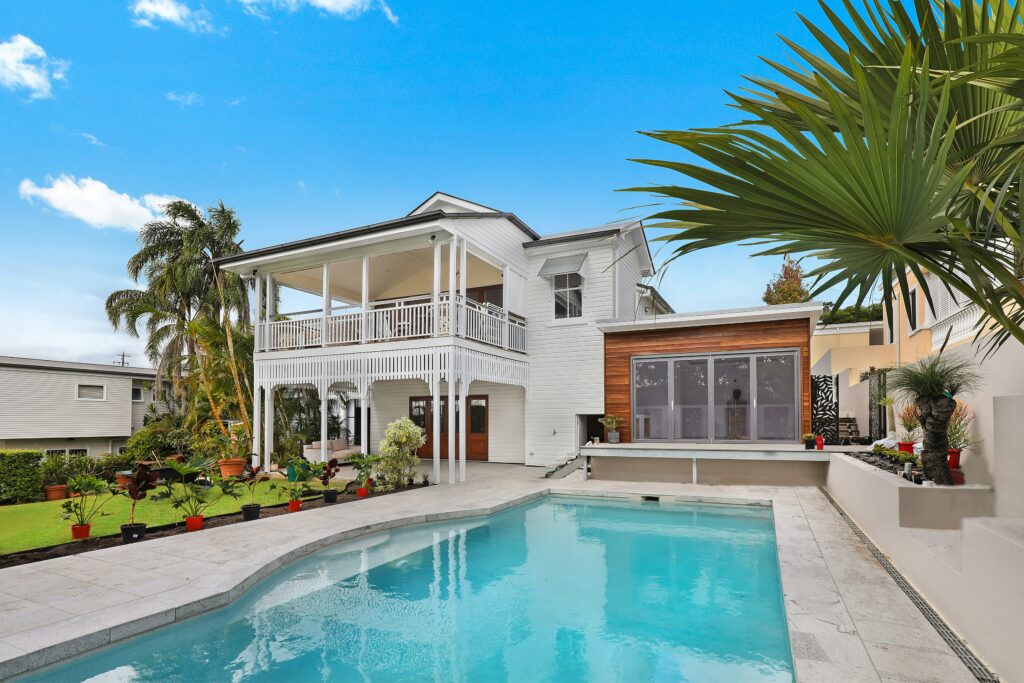Phuket isn’t just a dream holiday spot—it’s quickly become one of Asia’s top locations for generating passive income through property. Thanks to year-round tourism, a booming villa rental market, and relatively low costs, the buy-to-rent model is more appealing than ever.
But is Phuket passive income really passive? And what kind of returns can you expect? Let’s break it down.
📈 Why Phuket is Built for Passive Income
Phuket ranks among Asia’s most visited destinations, drawing millions of tourists each year. While hotels still have their place, more travellers now choose private villas for space, privacy, and lifestyle.
This shift fuels demand for short-term rentals, especially pool villas near hotspots like Bang Tao, Rawai, Kata, and Kamala. Even during low season, digital nomads and long-stay guests keep calendars full.
💸 How Passive is Phuket Passive Income?
It depends on how involved you want to be.
If you self-manage everything—guest chats, cleaning, maintenance—you’ll keep more revenue, but lose your time. It becomes a second job.
Want truly passive income? Work with a full-service property manager that handles:
-
Bookings & guest support
-
Dynamic pricing
-
Cleaning & maintenance
-
Listing optimization
💡 Companies like Inter Property Phuket even offer a Net Guarantee, paying owners a fixed income each month—regardless of bookings. That’s passive income with peace of mind.

What ROI Can You Expect?
Here’s a general idea of Phuket passive income potential:
-
1–2 Bedroom Villas/Condos: 5–8% annual net ROI
-
3–4 Bedroom Pool Villas: 8–12%, especially in prime areas
-
Luxury Villas: 10%+ with strong branding and premium services
Returns depend on location, design, amenities, and platform coverage (Airbnb, Booking.com, Agoda, etc.).
🛠️ Hidden Costs You Must Budget For
Phuket passive income is real—but like any business, it comes with costs:
-
Housekeeping & cleaning
-
Pool/garden maintenance
-
Utilities (unless paid by guests)
-
Repairs, upgrades, replacements
-
TM30 & hotel license (legal compliance)
-
Management fees (if applicable)
A reliable local partner will help you budget and track all of this.
🏡 Is This Model Right for You?
Phuket passive income is ideal for:
-
Foreigners using the villa part-time
-
Investors wanting a lifestyle asset that pays for itself
-
Owners seeking steady income without hands-on effort
-
Buyers aiming for capital growth + short-term gains
With the right team in place, it’s a low-stress way to earn real returns from your slice of island paradise.
✨ Final Thoughts: Passive Income, Island Style
Yes, Phuket passive income is possible—and profitable—if done smartly. Choose the right villa, partner with experts, and enjoy steady returns while you relax or travel.
At Inter Property Phuket, we turn holiday homes into income-generating assets. From full guest care to monthly reporting and guaranteed income options, we make investing in Phuket seamless.
👉 Ready to earn while you sleep?
Let’s talk and find out how your villa can work for you.



